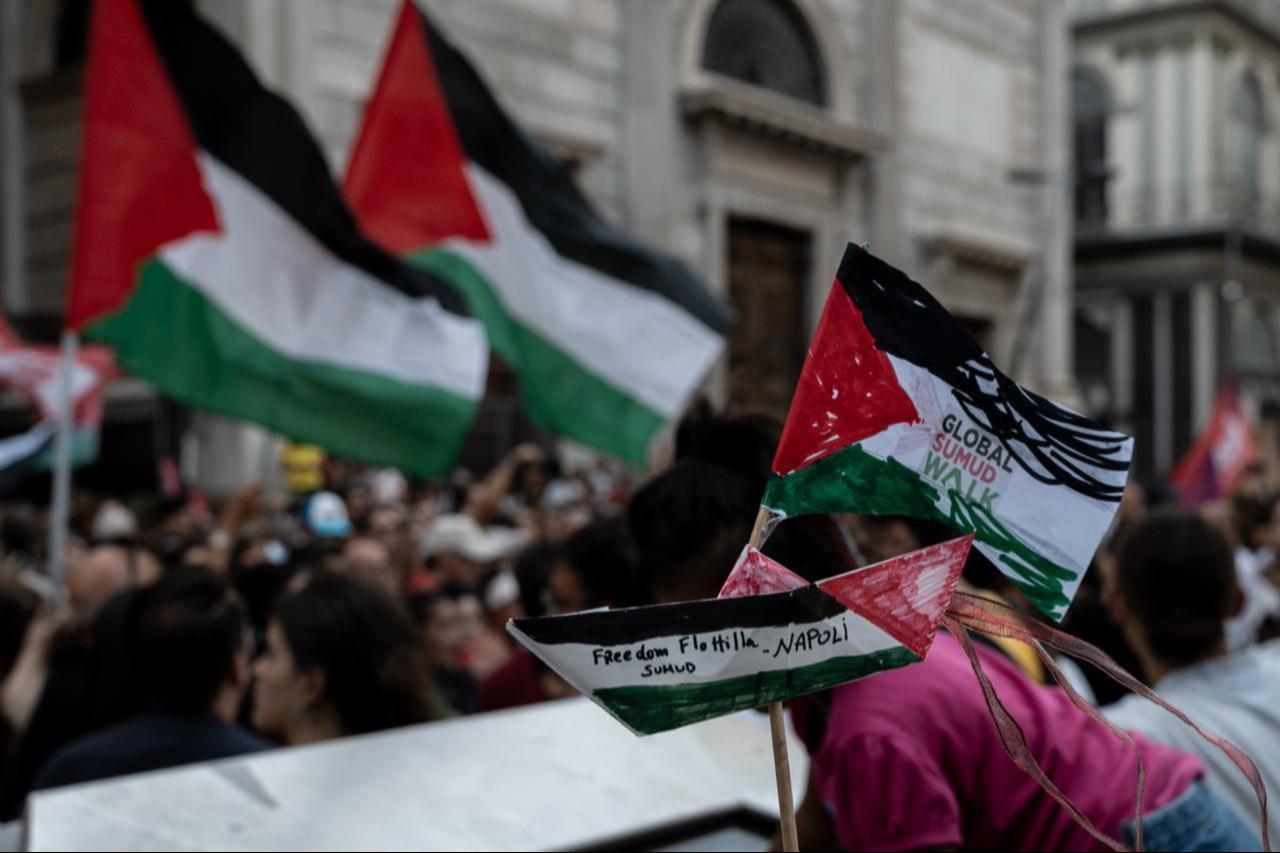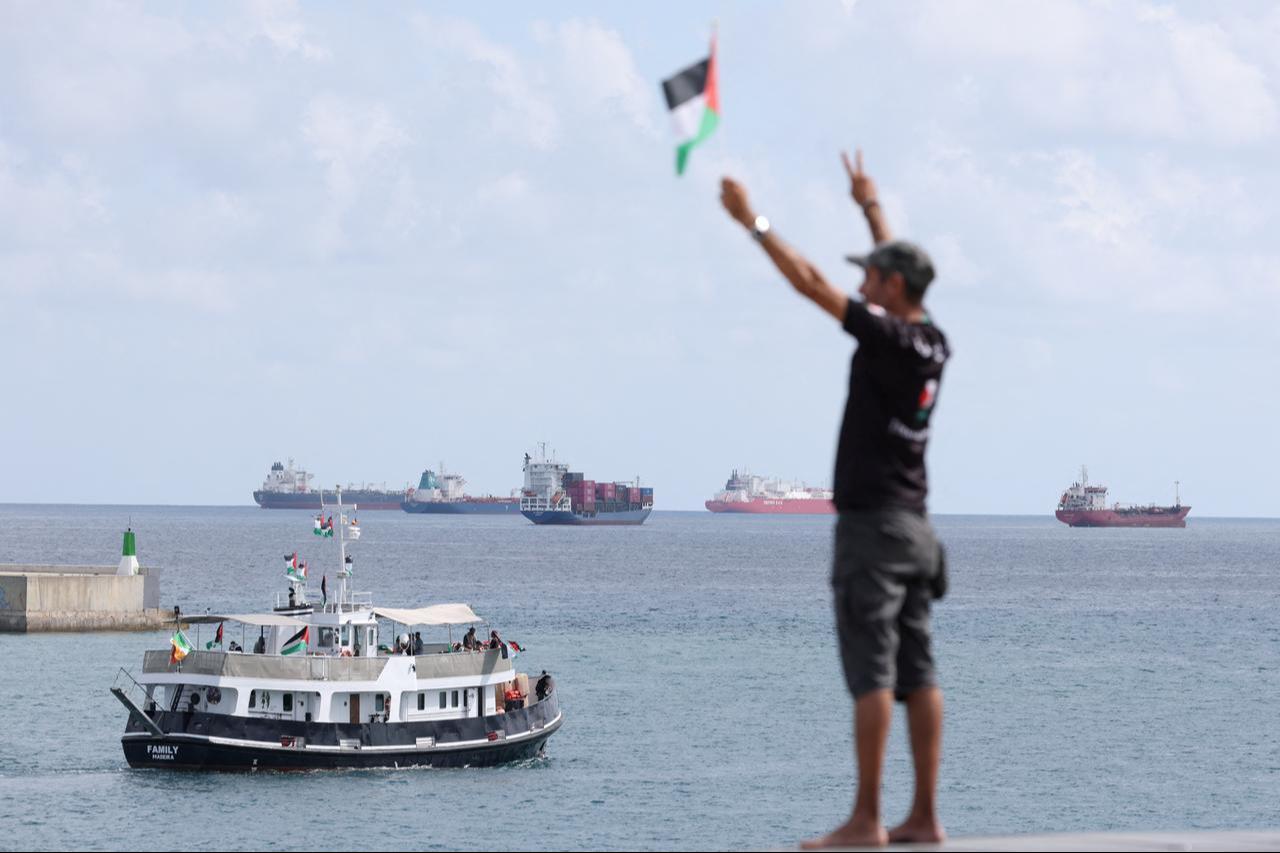
New reports claim that Israeli naval vessels docked at Greek-controlled Crete may have been involved in recent drone strikes targeting the Global Sumud Flotilla, a civilian-led mission attempting to deliver humanitarian aid to Gaza and challenge Israel’s blockade.
The flotilla, composed of ships and activists from 44 countries, was attacked twice in early September while docked in Tunisia. On Sept. 9, the fleet’s main vessel was targeted by an unmanned aerial vehicle (UAV), followed by another strike the next day against a second ship. The incidents drew sharp condemnation internationally, as the flotilla insists its mission is purely humanitarian.

According to regional sources monitoring naval movements, Israeli warships have recently increased visits to Crete, effectively turning the island into a staging post. One of the vessels, the Nahson, was also reported near Rhodes. Observers noted that the timing of the drone strikes coincided with these Israeli port calls, raising suspicions of coordination.
“If the UAVs were launched from Israeli vessels while docked in Crete, it is inconceivable that Greek authorities were unaware,” one security analyst told reporters, suggesting possible cooperation between Israel and Greece.

Activists argue that by allowing Israeli military vessels to use its ports, Greece risks complicity in actions that violate international law. They warn that future flotilla missions could again be targeted if Israeli ships continue to operate from Greek waters.
The Global Sumud Flotilla includes nearly 1,000 participants—doctors, lawyers, artists, and humanitarian workers—and is supported by civil society networks across Europe, North Africa, and Asia. Organizers say the attacks represent an effort to intimidate and silence civilian solidarity movements.

Analysts note that Greece’s cooperation with Israel could spark domestic backlash. “Greek citizens are already uneasy about their government’s close ties to Tel Aviv, especially as images of Gaza’s destruction continue to circulate,” a European parliamentary source said.
Israel has also been accused of coordinating with the Greek Cypriot Administration (GCASCY) during previous military operations. With growing calls for accountability across the EU, critics warn that Greece’s role may deepen public anger and expose Athens to further political fallout.